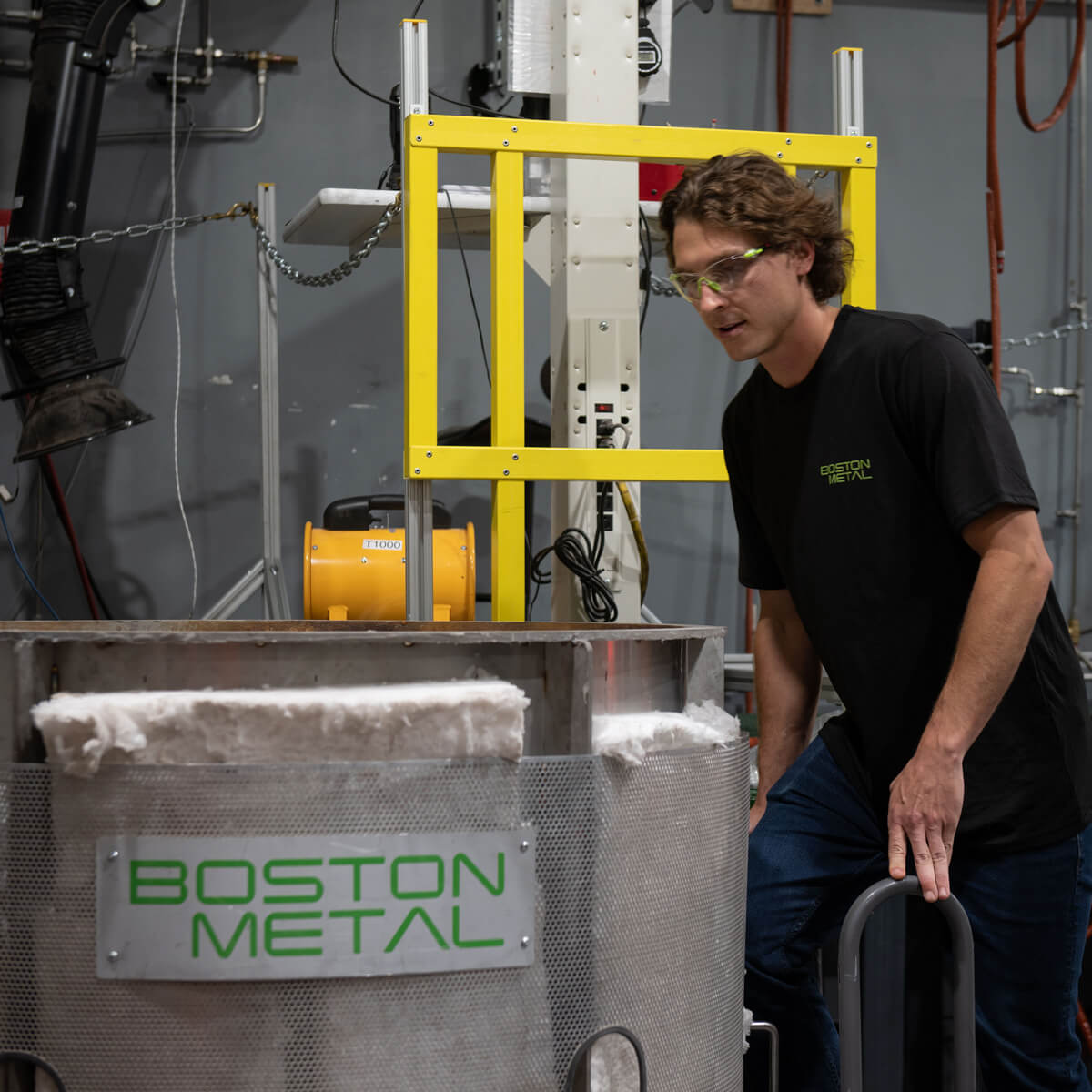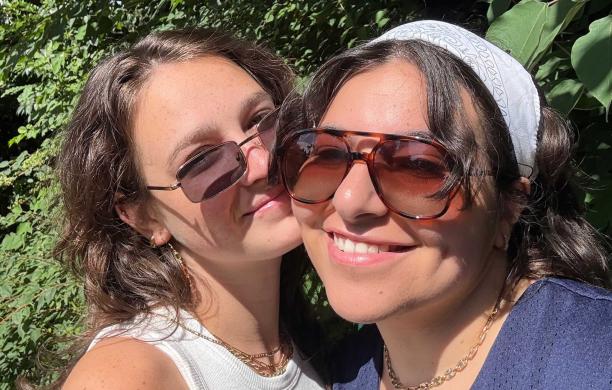Santana Huck ’18
Characterization Program Lead/Materials Engineer, Boston Metal
B.S. Materials Science
A sustainable way to tackle an age-old process
Santana Huck ’18 grew up on Maui, Hawaii, with a love of the ocean. And although his bachelor’s degree is in materials science and engineering, his interests have always leaned toward the environment and sustainability. Fortunately, Huck found a position in 2020 with Boston Metal, a company that melds his engineering skill set with his passion for impacting the future.
Huck followed his sister, Sarafina (Huck) Klopfer ’15, to Lehigh. Both were first-generation college students looking for a school that would provide “a great education and a significant return on investment. I wanted to attend a school with a challenging, rigorous environment, where my peers would elevate me. My sister told me that, at Lehigh, no matter who you talk to, you’re always going to be able to have an intelligent conversation,” Huck recalls. “I also thought Lehigh’s wonderful history and traditions were cool. It was a great choice for both of us.”
Huck took a job at a materials testing company in Pennsylvania after graduation, but when his girlfriend graduated two years later, they both began looking for jobs in Boston.
“When I found Boston Metal, I was excited to work for a company that was working on sustainability. In my job search, I discovered that a lot of opportunities in manufacturing, foundries, or materials processing aren’t the most environmentally friendly, so it’s very cool that I found this company that’s going to fundamentally change how we produce steel and extract high-value metals from ore,” Huck says.
Making it new: A cleaner way
“Making iron is a very dirty process,” Huck says. “For every ton of iron made in the normal way, there are multiple tons of carbon dioxide that come along with that. And that’s an industry that’s not going to slow down, so the only thing to do is create a fundamentally different way of doing things.”
Boston Metal is developing a molten oxide electrolysis (MOE) process that uses electricity to split oxygen from iron. Huck is working on a key enabling element of MOE — the inert anode. “It’s a new way of enabling MOE technology. Our team’s goal is to create a robust anode that will withstand the process for a long time in operation.”
 Making a difference: A sustainable process for producing steel
Making a difference: A sustainable process for producing steel
The age-old process of using blast furnaces to produce usable clean iron employs coal or coke as an input. Boston Metal’s MOE platform uses renewable electricity to convert iron ore to high-quality liquid metal.
In the MOE cell, an inert anode is immersed in an electrolyte containing iron ore, and then it’s electrified. When the cell heats to 1600°C, the electrons split the bonds in the iron oxide in the ore, producing pure liquid metal. No carbon dioxide or other harmful byproducts are generated, just oxygen. MOE also does not require process water, hazardous chemicals, or precious-metal catalysts.
“With this electrical process, we have an input of clean, renewable energy and an output of clean iron and breathable oxygen,” Huck explains.
Making it together: Changing the future
Huck believes Boston Metal’s process, and electrochemistry in general, is just the start of “a whole new way of processing materials, and I’m excited to see it come to fruition and implementation within my lifetime.” He credits his Lehigh professors with preparing him for industry and encouraging him to take leadership roles.
“A lot of what I learned is part of my day-to-day job, and the hands-on labs I did taught me casting and structural evaluation,” Huck says. “So when people ask, ‘Do you use what you learned in school?’ I can say, ‘Absolutely — there’s no way I could do what I’m doing without what I learned at Lehigh.’”
Get Involved
Make the Future. Go Beyond.

Go Beyond: The Campaign for Future Makers
How will you be a future maker? Explore ways you can give or engage to support exceptional students, innovative faculty, and the distinctive interdisciplinary education only Lehigh can offer.


